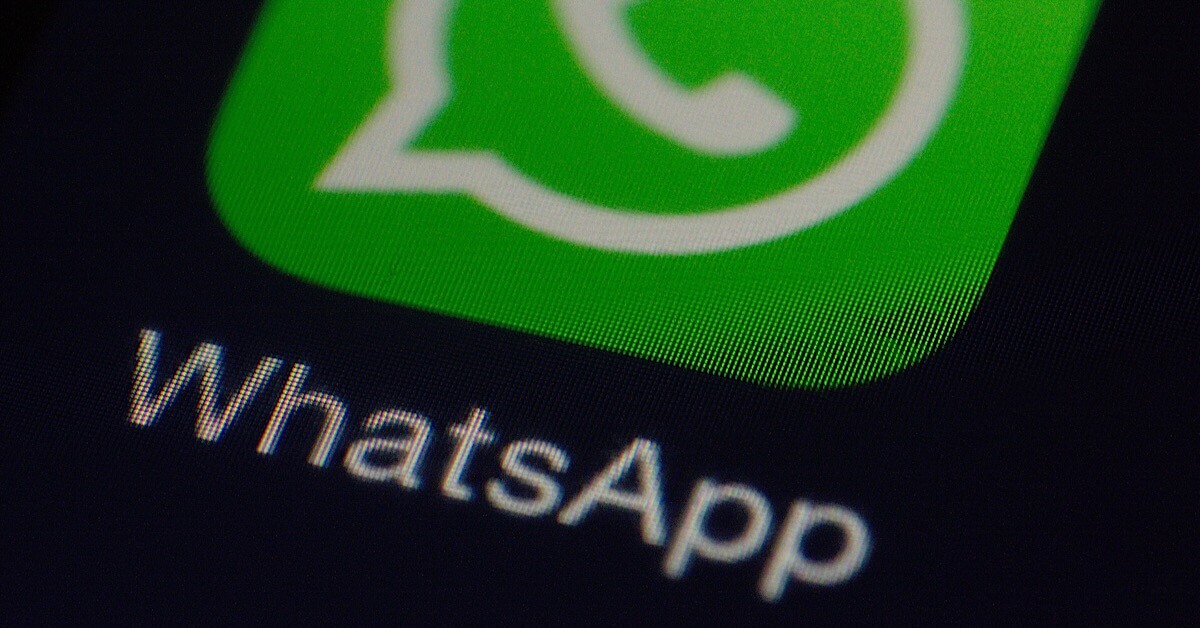WhatsApp has finally updated its group privacy settings and fixed a long-standing problems where users could have their phone numbers exposed to complete strangers when added to group chats.
The new privacy settings allow WhatsApp users to select three options when deciding who can add them to groups:
- Nobody (with this setting, users can still be invited to join groups but they have to approve the invite before they’re added to the group)
- My Contacts
- Everyone
Before these new privacy settings were rolled out, WhatsApp users could be added to any group without being asked for consent and this would expose their phone number to all members of the group. Once the user had been added to a group, they could leave and and block the group but there was no way for users to proactively their phone number being added to groups.
This is a problem that’s plagued WhatsApp for many years and it’s not clear why the company has decided to update these group privacy settings now. However, it appears to be part of a wider campaign to curb the spread of what it deems to be “fake news” in the run up to India’s election on April 11, 2019.
WhatsApp messages are end-to-end encrypted so third parties can’t directly censor the spread of information in the app. However, the company is still trying to ensure that it has some influence over how users share information in the app and has been rolling out various features in India before the upcoming elections. It’s currently testing a frequently forwarded messages feature which aims to discourage people from spreading what it says is “fake news” and recently launched a tip line which allows users to report “fake news.”
This latest update to group privacy settings will further limit the spread of information in the app by making it more difficult for groups to spread information.













